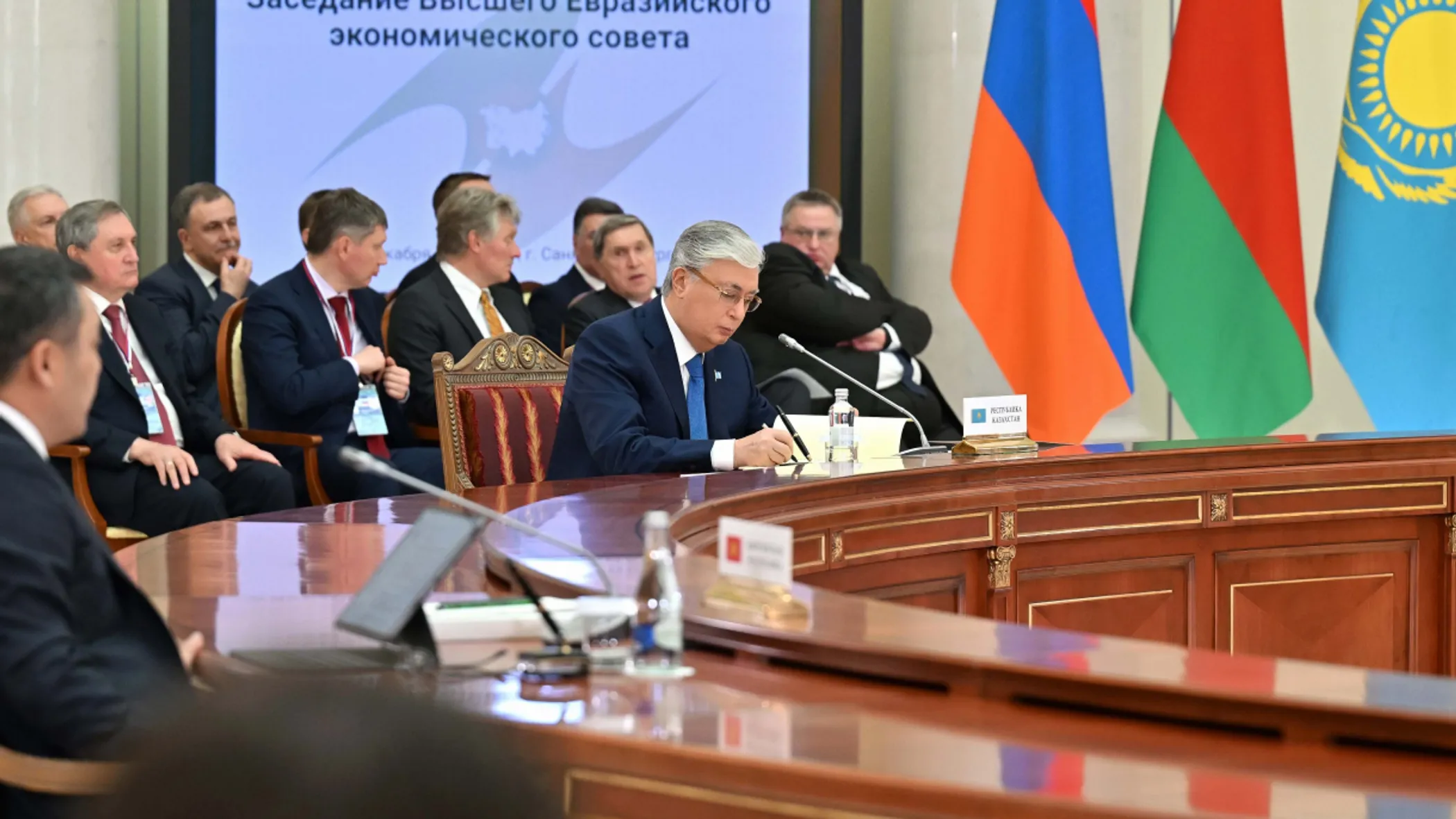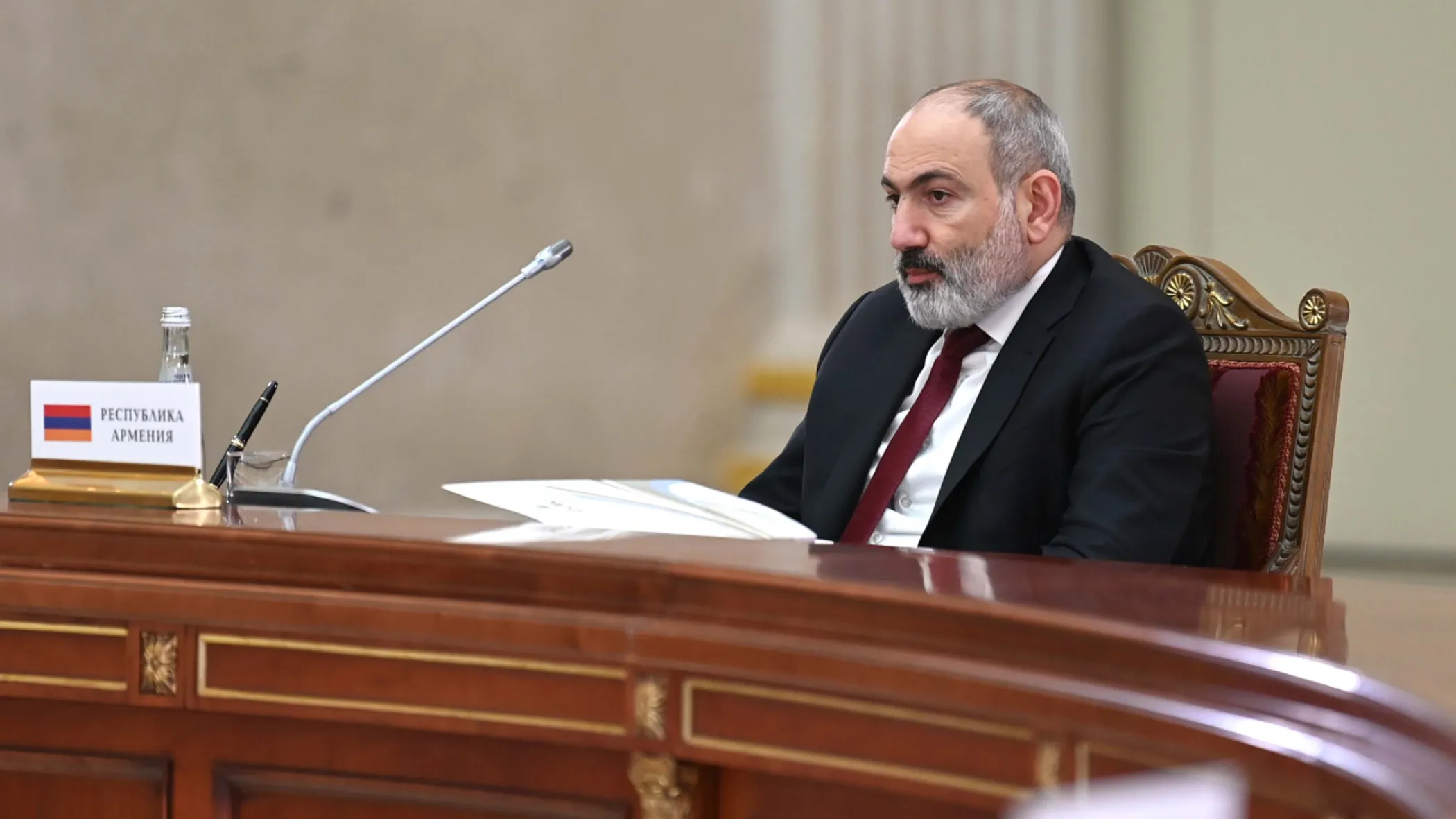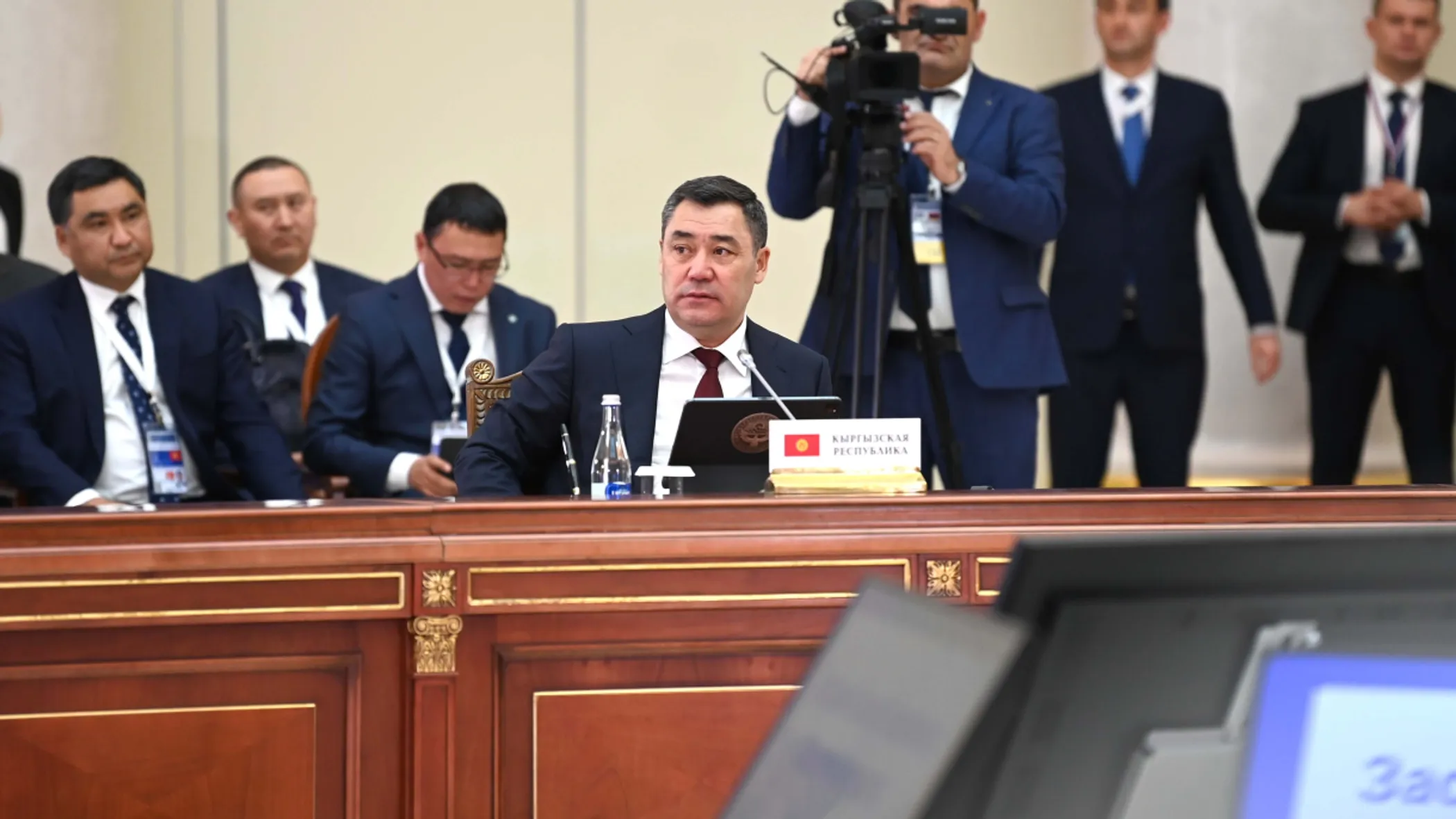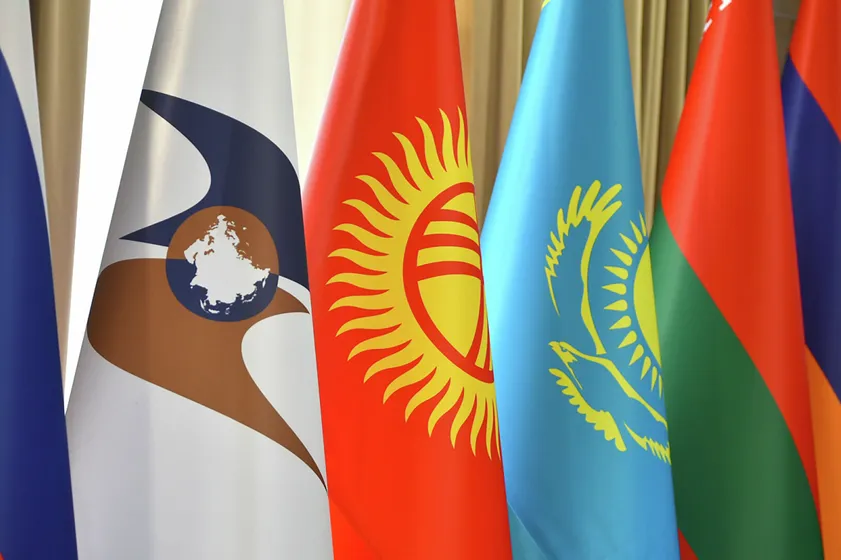On December 26, President Kassym-Jomart Tokayev participated in the regular meeting of the Supreme Eurasian Economic Council in St. Petersburg and outlined key development prospects of the Eurasian Economic Union for the coming year, QazMonitor reports citing Akorda.
Economic integration within EAEU
In his speech, the President noted that the past year was marked by inflationary pressures, international supply chain transformations, regional conflicts, and sanctions confrontation, all of which contributed to the slowdown of the global economy.
Under these circumstances, Kazakhstan plans to end the year with economic growth of 4.9%, aligning with the rest of the EAEU. Tokayev further stressed that to maintain these positive economic dynamics in the coming year, the union’s member states must pay heed to forecasts that predict slow global economic growth.
Being an integral part of the global economy with a market of $2.6 trillion, EAEU will likely also feel this slowdown. Therefore, we must maximize our economic reserves and the potential for mutually beneficial integration. Kazakhstan initially defended the principle of the economic aspect of the union. We believe that the EAEU participants, with their actions and decisions, should be based on this agenda.

Development of logistics
Another point in the President’s speech addressed the freedom of movement of goods. Tokayev underscored that despite the opening of customs borders, each country continues, de facto, to protect domestic producers from competition with other EAEU members.
“The full release of the EAEU integrated information system would significantly reduce business costs in the movement of goods between member countries. There is also great potential for cooperation in E-commerce. Last year, the total volume of this market in the EAEU reached $80 billion. In the near future, this figure may double," emphasized the head of the state.

Furthermore, participating states have the opportunity to consolidate their status as a link connecting all of Eurasia, said the President, drawing participants' attention to the development of the North-South transport corridor. This corridor will enable the EAEU to access markets in the Middle East, Iran, Pakistan, and India.
In this regard, the implementation of Kazakhstan's initiative to launch the Chelyabinsk–Bolashak–Iran route is currently underway, and our country is ready to eliminate bottlenecks in the national railroad and road network. This includes improvements on the Beyneu–Mangystau, Makat–Kandyagash railroads, and a section of the Beyneu–Shalkar highway. To further develop the North-South transport corridor, Kazakhstan, Russia, and Turkmenistan are establishing a joint logistics venture.
"We are finalizing the construction of Kazakh terminals in the Chinese city of Xi'an and the Georgian port of Poti. Our plans involve the launch of five cross-border transportation and logistics hubs on the borders with Russia, China, Uzbekistan, the Kyrgyz Republic, and along the Caspian Sea. Our immediate goals include the construction of 1,300 kilometers of new railroads, Bakhty and Kalzhat dry ports, as well as a seaport in Iran's Bandar Abbas," said Tokayev.
The potential breadbasket of the world
The potential for food cooperation was identified as one of the strong aspects of the EAEU; however, the share of the union’s agricultural exports in the world market is still extremely low, at just over 2%.
This is happening at a time when more than 800 million people on the planet are experiencing hunger and food shortages. Unfortunately, food supplies are hampered by the current geopolitical situation, where sanctions have taken center stage. As a result, people in need of food are suffering. Meanwhile, according to experts, the potential of the EAEU countries will allow [them] to feed about 600 million people.
According to the President, member states should prioritize establishing cooperation ties to produce competitive, environmentally friendly, and export-oriented products that meet advanced international standards. The EAEU should also work on the creation of joint agriculture centers, which would deal with the commercialization and industrial implementation of new technologies in the agriculture industry.

International cooperation
The head of state suggested considering the possibility of pairing the EAEU Digital Agenda with China's Digital Silk Road initiative, as cooperation in digital technologies and artificial intelligence could open up significant prospects.
In this vein, I propose to consider the possibility of building a fiber-optic communication line along the Russia–Kazakhstan–Iran route to connect with the existing international lines along the Indian Ocean coast. This will not only create an alternative route for transit traffic in the Eurasian space but will also significantly strengthen the EAEU's position in global data logistics.
Moreover, he emphasized the importance of consistently strengthening the EAEU's potential on the global stage, and developing trade and economic relations with third countries and associations.
"We welcome the signing of a full-scale Free Trade Agreement with Iran, which holds a crucial position in the system of our trade and economic ties. We should continue focused work in this direction with India, the United Arab Emirates, Egypt, Indonesia, Mongolia, and other interested countries," Tokayev said.
Alongside the President of Kazakhstan, the summit was attended by the President of Russia, Vladimir Putin; Prime Minister of Armenia, Nikol Pashinyan; President of Belarus, Alexander Lukashenko; President of the Kyrgyz Republic, Sadyr Zhaparov, as well as the President of Cuba, Miguel Díaz-Canel.










